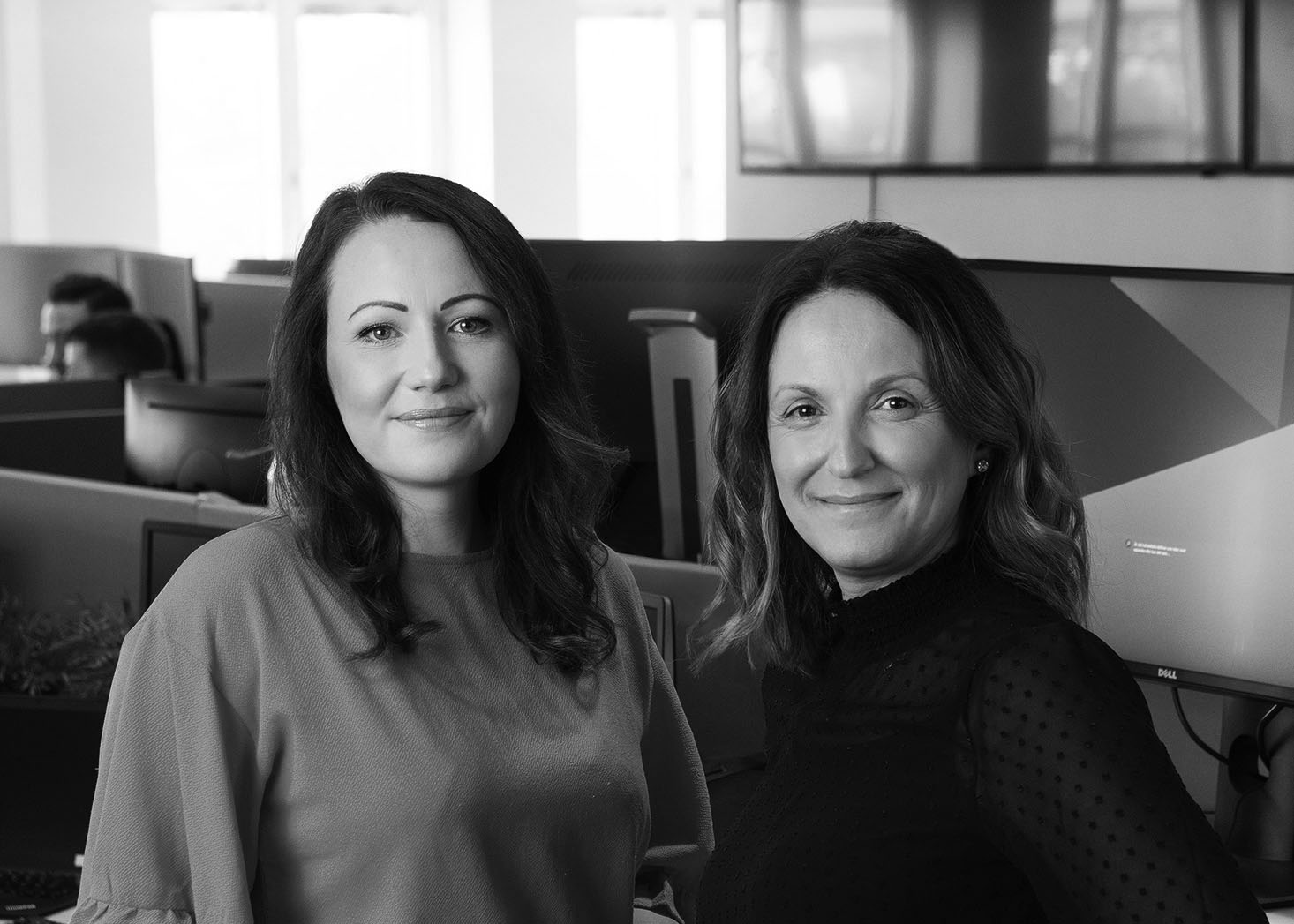How do we become more women at Iver?
5 April 2020 / Article
5 April 2020 / Article

Why did you start working at Iver and what’s good about Iver as a workplace?
“It was the journey – Iver’s ongoing journey – that got my interest and persuaded me to sign up. We’re a big company, but we’re still growing, which means I can get involved and exert an influence on that journey, on matters both large and small, on a daily basis.”
What do you see as the challenges entailed in working at Iver?
“The fact that Iver is an amalgamation of several different companies means that there’s a variety of corporate cultures and heritage that need to be merged – and change is always a challenge. But I’m convinced that it will work out well. Another challenge is that Iver operates in a male-dominated industry, so there are far fewer women working here than men.”
What form has your personal and career development taken at Iver?
“The past year has been very exciting for me. My IT skills and understanding of our offering have developed hugely, but I’ve also taken a big step forwards in terms of my management skills. As far as my career is concerned, I’ve gone from being the leader of a small group to leading an entirely new department at our Stockholm office. And I’m now also a member of a regional management group.”
What do you think is needed to persuade more women with IT skills to choose us as future employers?
“We can get better at showing that women are working on both the technology side and in other areas within Iver. I think this is important – women applying for jobs in the IT industry are more likely to choose a workplace with a more equal gender balance.”
Why is it important to increase the number of female employees at Iver?
“If we’re going to be a relevant supplier, with the best and most talented employees, it’s important that we work actively to bring about a more equal gender distribution in all of our teams and at all levels. A more equal gender balance will not only broaden our recruitment base, it will improve the workplace culture and help us to grow.”
How is Iver working with gender equality and what is being done in active terms to persuade more women to apply for jobs at Iver?
“Ensuring that we have an inclusive recruitment process is an important aspect of our work in this area, which includes reviewing the look of our recruitment ads, both in terms of their appearance and how we express ourselves in them, as is ensuring that we work in a skills-based way in the selection process. We also need to think about the platforms in which our recruitment ads are displayed. But if the recruitment process is an important component of our work, then our internal work on a non-discriminatory and inclusive culture is even more vital. In purely general terms, every company in the IT sector has a shared responsibility for equalising the gender balance, particularly on the technical side. We need to focus on persuading more women to choose our industry when choosing their future profession. One way of doing this is by maintaining an early and active presence in schools and informing students of the opportunities out industry offers, while another is being better at offering field trips, work experience positions, and summer jobs.”
What goals should Iver set in connection with equality?
“We will be setting specific goals based on a gender balance perspective in order to increase the percentage of women working in specific teams. We will also be looking at how we can set relevant goals for increasing Iver’s attractiveness to other underrepresented groups.”